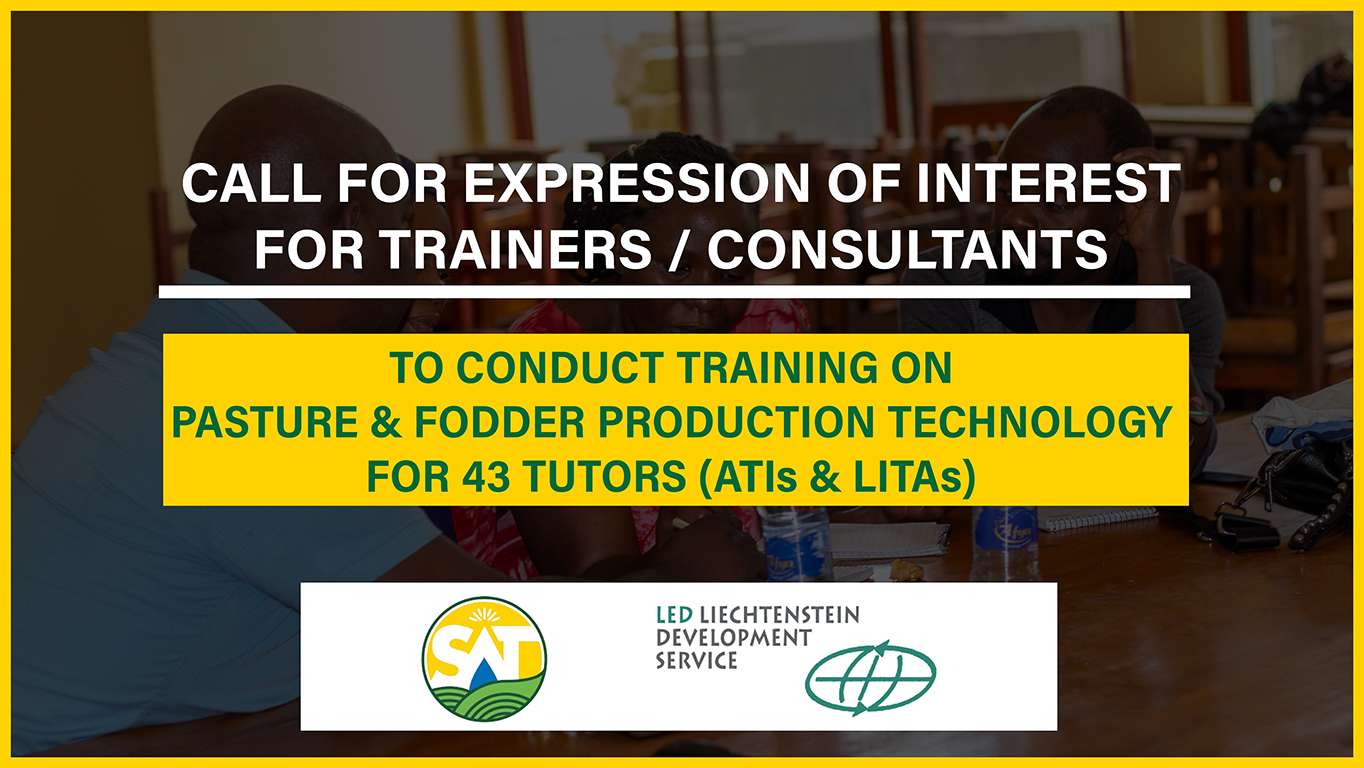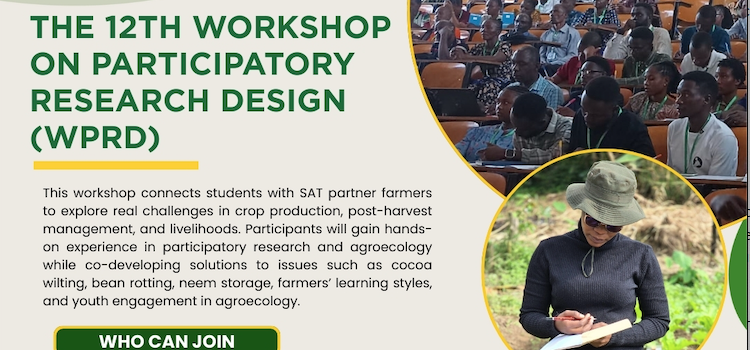Kick Off of the Organic Now Initiative
.jpg)
Having a wide variety of well-branded organic products filled on shelves in the supermarkets and local markets can raise more awareness and increase demand for organic products. Imagine walking into a store and finding a section only filled with eye-catching products all labeled 100% organic, won’t you be interested to have a look? Without even having a special campaign simply having markets shelves filled with organic products can change the mindset of people and result in an increase in demand for these products.
An organic label on a product tells a consumer that the product was produced free of chemicals thus protecting the environment and health of the body by guaranteeing high nutritional value.

Although organic agriculture is going mainstream around the world, still currently the consumption of organic products is limited in the Tanzanian market, so affecting the health of people and the environment. The lack of a wide variety of organic products in the markets has resulted in a lack of awareness of the organic products by most local people. Also, there will be no increase in the production of organic products if there is no demand, at present the volume of organic products produced is limited to mainstream grocery chains.
It’s our responsibility to increase demand by increasing awareness about organic products that will lead to impacting more farmers' lives by the rise in uptake of organic farming practices and also impact workers, and consumers directly, because the biggest challenge facing the organic sector is the knowledge gap that spans between the marketing system, across the whole value chain from the farm to the table and value delivery network in the market.
Farmers should be well equipped with knowledge and resources to produce organic products while entrepreneurs/SMEs should be able to process, product develop, certify, brand, and market more varieties of organic products to the local and international markets. Finally, to amplify awareness of these organic products should be filled with shelves, open more organic shops across the country and supply them with the products.
To strengthen this center of excellence in the value chain an initiative had to begin, Sustainable Agriculture Tanzania (SAT), in partnership with KaziYetu and IamOrganic (Organic Now Consortium) pioneered the Organic Value Chain project (OVCP) to take an incubator role by mentoring other SMEs and improving what they have.

This started with the Kicking off the Organic Now initiative which supports the diversification of processed organic products (EAOPS) within the organic market in Tanzania by supporting and empowering entrepreneurs/SMEs to learn from proven practices of production and marketing and to improve and certify their organic products. This will result in the creation of job opportunities and a market for organic produce from farmers who practice organic agriculture.
To kick off the initiative, the consortium organized and conducted 3 days of training on organic agriculture, contract farming, and organic certification from 28th to 30th April which was attended by 19 SMEs. Entrepreneurs from different locations across the country like Arusha, Dodoma, Manyara, Zanzibar, Tabora, Lindi, and Dar es Salaam attended the training which was held at SAT’s Morogoro town offices and SAT Headquarters in Vianzi at the Farmer Training Centre (FTC). The kickoff meeting was the beginning of the bigger movement but it mainly introduced the entrepreneurs to the project and gave them an overview of organic farming and certification.

During the kickoff meeting, the participants were taken through the whole journey of the initiative to the final impact which increasing consumers' awareness about organic products by having a variety of products that are well branded and hence increasing demand. To push the initiative to reach its impact, there has to be a commitment from the consortium side as well as the entrepreneurs' side. To attend intensive all the training programs which they were presented with throughout 2022, also to have an ongoing engagement with the initiative and the program team by 2023, and participate in all organized events.
Filled with the urge to know more about the organic sector entrepreneurs had a lot of questions for the organizers of the training.
Questions like Which organization is responsible for certifying East Africa standards? How SAT network as a stakeholder? How can organic farmers afford competition from conventional farmers? Which kind of certificates are supposed to be used during the selling of the product: farmer's certificates or processor's certificates?

All this shows how much they are interested to know about organic agriculture and the opportunities that lie within it.
To present their marketing skills, all the participants had an opportunity to present their products and give a small sales pitch to the audience convincing each other to buy the products. It was an interesting exercise where each one was given 3 minutes top and was able to wind up every crucial detail in a limited time. Followed by a tour of the processing unit at SAT’s town office and the next day at the farm. Participants were happy and more interested in how the whole operation is carried out.
The participants also went to SAT's Farmer Training Centre in Vianzi to learn about organic farming basics and get hands-on experience with farming techniques.

The initiative has been carried out with the entrepreneurs learning about product development through Foodlab training on different food processing and preparation methods. They have now finished learning about business plan development organized by KaziYetu.
This Initiative is under the Organic Value Chain Project (OVCP) which is kindly supported by the Biovision Foundation



.jpg)



